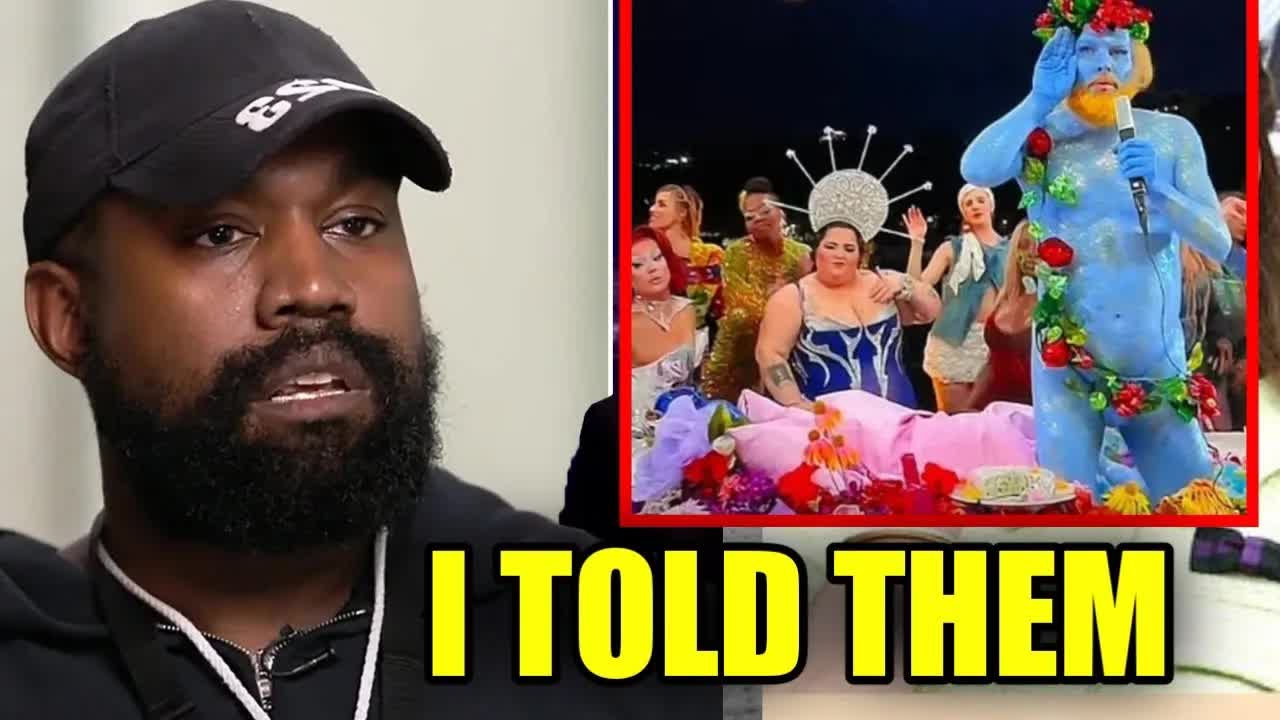A recent spectacle surrounding the upcoming Paris 2024 Olympics has ignited a firestorm of controversy.
The opening ceremony, which is set against the picturesque backdrop of the River Seine, features elements that have left many Catholics and Christian groups fuming.
The performance includes drag queens, a transgender model, and a singer dressed as Dionysus, the Greek god of wine, all inspired by Leonardo da Vinci’s iconic painting, The Last Supper.
The organizers took to social media platform X to clarify their intentions behind this provocative tableau.
They claimed it was meant to interpret the figure of Dionysus and highlight the absurdity of human violence.
However, this explanation did little to quell the outrage, prompting an apology from the committee as backlash mounted from various religious communities and conservative politicians around the globe.
Anne de Camps, a spokesperson for the Paris 2024 organizing committee, addressed the media, asserting that the ceremony aimed to promote community tolerance.
“We believe we achieved this goal,” she stated, while also expressing regret for any offense caused.
The juxtaposition of France’s secularism and its rich Catholic history adds layers of complexity to the situation, as many citizens see blasphemy as a vital aspect of free speech.
While some supporters praised the ceremony’s message of inclusivity, others were quick to condemn it.
The French Catholic Church expressed dismay, with Monsignor Emmanuel Gobillard revealing that the controversy had even affected the sleep of some French athletes.
The backlash extended beyond France, reaching the Vatican, where Archbishop Charles Chacluna voiced his concerns to the French ambassador in Malta, labeling the performance a gratuitous insult.
In Italy, the bishops’ conference criticized the ceremony, describing what was meant to be a celebration of French culture as a “parade of banal errors.”
An editorial in the Italian Catholic newspaper Avenir questioned the necessity of intertwining global events with themes of LGBTQ+ pride, suggesting a disconnect between artistic expression and religious sentiment.
The far-right League party in Italy, part of Giorgia Meloni’s coalition government, also weighed in on the matter.
Matteo Salvini, a prominent party leader, condemned the segment as a “terrible start” to the Olympics, arguing that it insulted billions of Christians worldwide.
His remarks reflect a growing sentiment among those who feel that traditional values are being sidelined in favor of progressive ideologies.
This incident has been interpreted by many commentators as another chapter in the ongoing culture wars of the 21st century, fueled by social media and the relentless news cycle.
The clash of ideologies has never seemed more pronounced, with each side firmly entrenched in their beliefs.
Artistic director Thomas Jolly defended the ceremony, insisting that religious subversion was not the aim.
“We wanted to celebrate diversity and the idea of working together,” he explained, emphasizing a desire for inclusivity rather than mockery.
Yet, this sentiment appears lost on those who view the performance as a direct affront to their faith.










